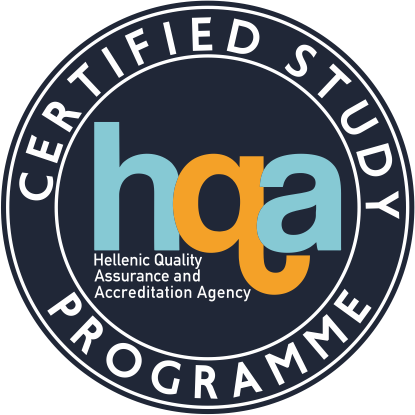| School |
Natural Sciences |
Academic Unit
|
Geology Department |
Level of Studies
|
Undergraduate |
Course Code
|
GEO_713Ε |
| Εξάμηνο σπουδών |
7ο |
Course Title
|
Meteorology - Climatology |
Independent Teaching Activities
|
Lectures, tutorial and laboratory work |
Weekly Teaching Hours
|
2 (lect.)/2 (lab.)/ 1(t) |
| Credits |
5 |
Course Type
|
Field of Science and Skills Development |
Prerequisite Courses
|
There are no prerequisite courses. It is however recommended that students should have at least a basic knowledge of Waves, Fluid Mechanics, Thermodynamics, Electromagnetism, Optics and Calculus and also basic laboratory skills regarding the measurement of physical quantities and calculation of the uncertainties involved. |
Language of Instruction & Examinations
|
Greek |
Is the Course offered to Erasmus Students
|
Yes (in English |
| Course Web-Page (URL) |
https://eclass.upatras.gr/courses/PHY1923/ |
Learning Outcomes
|
At the end of this course the student should be able to
- Identify the basic characteristics of the atmospheric environment and the principal laws that apply to it.
- Apply these laws of physics in order to explain common weather and climatic phenomena and up-to-date issues in atmospheric physics, meteorology and climatology.
|
General Competences
|
At the end of the course the student will have further developed the following skills/competences:
- to know and understand the basic theories and principles that are related with the atmosphere, its components and the phenomena that take place into it
- to apply this knowledge for the quantitative and qualitative solutions of problems related with the contents of this course
- to acquire the needed knowledge and experience to follow relevant courses that deal in depth with atmospheric physics, meteorology, climatology and atmospheric pollution
- to acquire basic experimental skills related to the measurement of basic meteorological parameters (instrumentation – measurement procedures)
- to interact with others on atmospheric physics and on inter or multidisciplinary problems
|
| Syllabus |
1 Earth’s atmosphere
- General notions
- Magnitude of the atmosphere
- Composition of lower atmosphere
- Atmospheric temperature
- Vertical temperature profile
- Atmospheric pressure
- Geopotential
- Simple atmospheric models
- Water vapor in the atmosphere
2 Atmospheric Thermodynamics
- State equation
- Laws of thermodynamics
- Thermodynamic processes in the atmosphere
- Atmospheric Stability
- Ctiteria of instability (Vertical temperature gradient, potential temperature, energy)
3 Cloud Physics
- Water vapor condensation
- Cloud classification
- Rain formation theory
4 Atmospheric Dynamics
- Forces defining the air motion
- Equations of motion
- Synoptic scale winds
- Air motion in the atmospheric boundary layer
- Thermal circulation
- General atmospheric circulation
- Planetary winds
- Troposhperic winds – Ηadley cells
- Tropospheric long (Rossby) waves
5 Air Masses
- Characteristics of air masses
- Fronts – Front types
- Permanent fronts
- Low pressure centers
- High pressure centers
6 Climate Dynamics
- Climate Classification
- Climate Variability
- Climate Equilibria, Sensitivity and Feedbacks
- Climate Change
|
| Delivery |
Lectures, seminars and laboratory work face to face |
Use of Information & Communication Technology
|
Lectures using power-point presentations. Problem-solving seminars for the instructive solution of synthetic problems. Solving of critical questions by the students during the lecture time. Laboratory experiments. Digital content in the eclass platform. |
Teaching Methods
|
| Activity |
Semester workload |
| Lectures |
2 x 13=26 |
| Laboratory work |
2 x 13=26 |
| Tutorials |
1 x 13=13 |
| Group paper-report |
20 |
| Autonomous study |
40 |
| Total number of hours for the Course |
125 |
|
Student Performance Evaluation
|
- Language: Greek (English for Erasmus)
- Written examination on the theoretical part (100% of the final mark). The weekly short-answer tests of 10 questions reconcile the final grade by up to 20%.
|
Attached Bibliography
|
- Courses of Meteorology and Climatology, Α. Α. Flocas, Ziti Editions, Thessaloniki, Greece, 1994.
- Courses in General Meteorology, Τ. Ι. Makrogiannis, C. S. Sahsamanoglou, Charis Editions, Thessaloniki, Greece, 2004.
- General Meteorology, C. S. Sahsamanoglou, Τ. Ι. Makrogiannis, Ziti Editions, Thessaloniki, Greece, 1998.
- Introduction to Atmospheric Physics and Climate Change, P. Katsafados, E. Mavromatidis, Kallipos Editions, 2015.
- Atmospheric Science: An Introductory Survey, J.M. Wallace, P.V. Hobbs, Academic Press, London, 2006.
- Meteorology for Scientists and Engineers, R. Stull, University of British Columbia, 2011.
|





